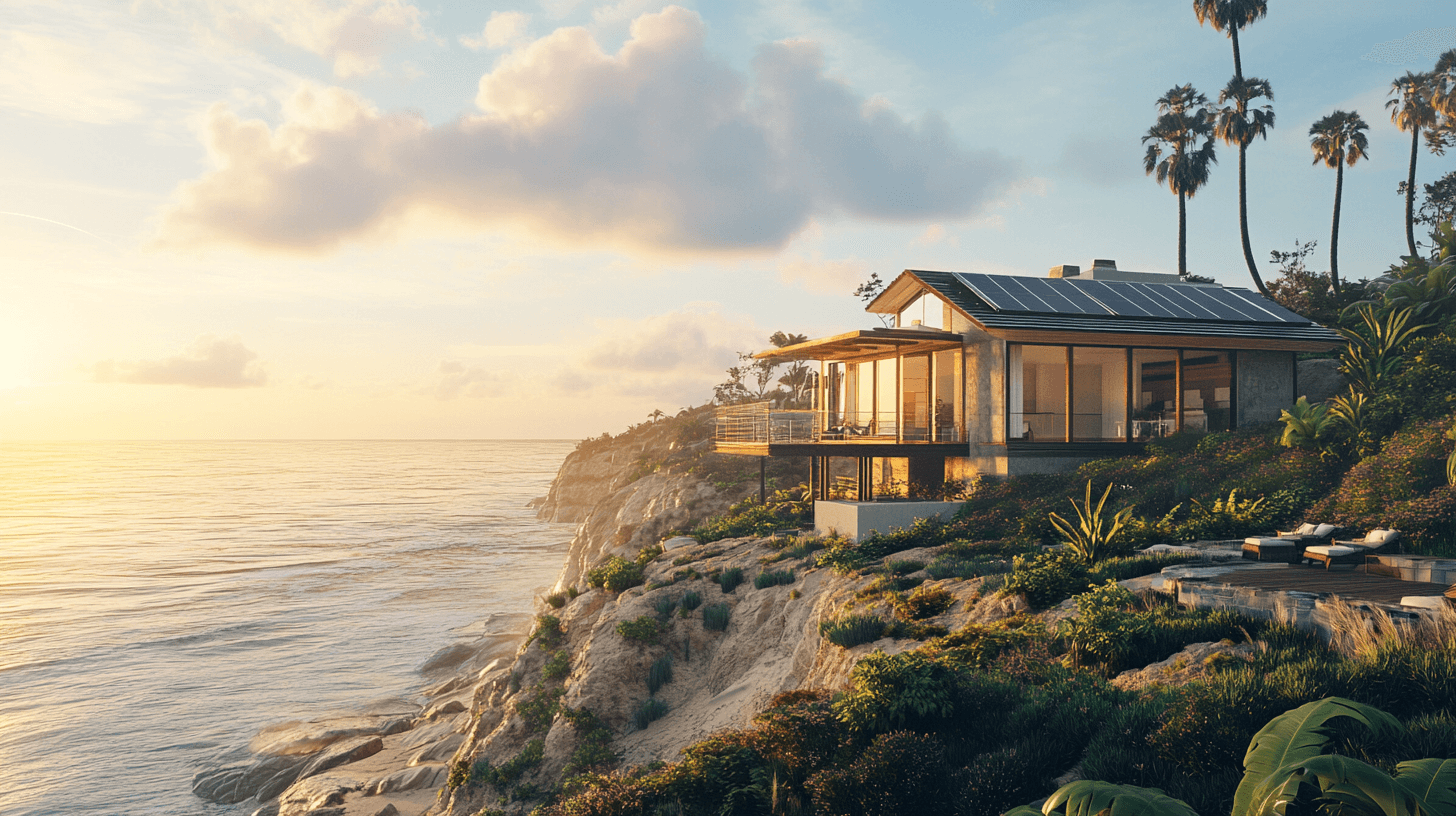Jan 2, 2025
Picture this: You've done your research, crunched the numbers, and decided solar power is right for your home. Then comes the letter from your Homeowners Association (HOA) saying "no." Or worse, you discover your local zoning laws make installing solar panels nearly impossible. This isn't just frustrating – it's an infringement on your right to energy independence.
The good news? You're not powerless. Across America, homeowners are successfully challenging these restrictions, and many states now have "solar rights laws" that limit HOAs' ability to block solar installations. California led the way with the Solar Rights Act, and states like Florida, Texas, and Arizona have followed suit with their own protections for solar-seeking homeowners.
But here's what your HOA doesn't want you to know: Even in states without specific solar rights laws, many restrictions can be successfully challenged. Most HOA solar restrictions were written years ago, before modern, low-profile panels and elegant mounting solutions were available. Today's solar installations can be remarkably unobtrusive, often blending seamlessly with existing architecture.
Let's talk about strategy. If you're facing resistance, start by understanding your state's laws. Many HOAs count on homeowners not knowing their rights. For example, while an HOA might be able to place "reasonable" restrictions on solar placement, they often can't outright ban installations. Some states even specify that HOAs can't reduce a system's efficiency by more than 10% through their restrictions.
Documentation is your friend. Keep records of all communications with your HOA. Get professional renderings of your proposed installation showing how it will look. Collect data on your system's environmental impact and property value benefits. Many successful solar advocates have won over their HOAs by presenting clear, professional proposals that address aesthetic concerns while highlighting community benefits.
Local zoning restrictions can be trickier, but they're not insurmountable. Many outdated zoning laws simply haven't kept pace with solar technology. Working with local solar advocacy groups and attending city council meetings can help push for change. Some communities have successfully lobbied for "solar-ready" zoning amendments that streamline the approval process.
Remember, you're not just fighting for yourself. Every successful challenge to restrictive solar policies makes it easier for others to follow. Some homeowners have turned their HOA battles into community movements, gathering support from neighbors who also want the freedom to go solar. These grassroots efforts often lead to HOA policy changes that benefit entire neighborhoods.
Here's a practical tip: Work with solar installers who have experience dealing with HOAs. They often know which design compromises are most likely to win approval while still maintaining system efficiency. Some can even help you navigate the approval process or provide documentation of successful installations in similar communities.
The fight for solar rights isn't just about panels on roofs – it's about property rights and environmental responsibility. As climate change intensifies and energy costs rise, the right to generate clean power becomes increasingly crucial. Standing up to restrictive policies isn't just about individual freedom; it's about creating a more sustainable future for everyone.
Picture this: You've done your research, crunched the numbers, and decided solar power is right for your home. Then comes the letter from your Homeowners Association (HOA) saying "no." Or worse, you discover your local zoning laws make installing solar panels nearly impossible. This isn't just frustrating – it's an infringement on your right to energy independence.
The good news? You're not powerless. Across America, homeowners are successfully challenging these restrictions, and many states now have "solar rights laws" that limit HOAs' ability to block solar installations. California led the way with the Solar Rights Act, and states like Florida, Texas, and Arizona have followed suit with their own protections for solar-seeking homeowners.
But here's what your HOA doesn't want you to know: Even in states without specific solar rights laws, many restrictions can be successfully challenged. Most HOA solar restrictions were written years ago, before modern, low-profile panels and elegant mounting solutions were available. Today's solar installations can be remarkably unobtrusive, often blending seamlessly with existing architecture.
Let's talk about strategy. If you're facing resistance, start by understanding your state's laws. Many HOAs count on homeowners not knowing their rights. For example, while an HOA might be able to place "reasonable" restrictions on solar placement, they often can't outright ban installations. Some states even specify that HOAs can't reduce a system's efficiency by more than 10% through their restrictions.
Documentation is your friend. Keep records of all communications with your HOA. Get professional renderings of your proposed installation showing how it will look. Collect data on your system's environmental impact and property value benefits. Many successful solar advocates have won over their HOAs by presenting clear, professional proposals that address aesthetic concerns while highlighting community benefits.
Local zoning restrictions can be trickier, but they're not insurmountable. Many outdated zoning laws simply haven't kept pace with solar technology. Working with local solar advocacy groups and attending city council meetings can help push for change. Some communities have successfully lobbied for "solar-ready" zoning amendments that streamline the approval process.
Remember, you're not just fighting for yourself. Every successful challenge to restrictive solar policies makes it easier for others to follow. Some homeowners have turned their HOA battles into community movements, gathering support from neighbors who also want the freedom to go solar. These grassroots efforts often lead to HOA policy changes that benefit entire neighborhoods.
Here's a practical tip: Work with solar installers who have experience dealing with HOAs. They often know which design compromises are most likely to win approval while still maintaining system efficiency. Some can even help you navigate the approval process or provide documentation of successful installations in similar communities.
The fight for solar rights isn't just about panels on roofs – it's about property rights and environmental responsibility. As climate change intensifies and energy costs rise, the right to generate clean power becomes increasingly crucial. Standing up to restrictive policies isn't just about individual freedom; it's about creating a more sustainable future for everyone.




















